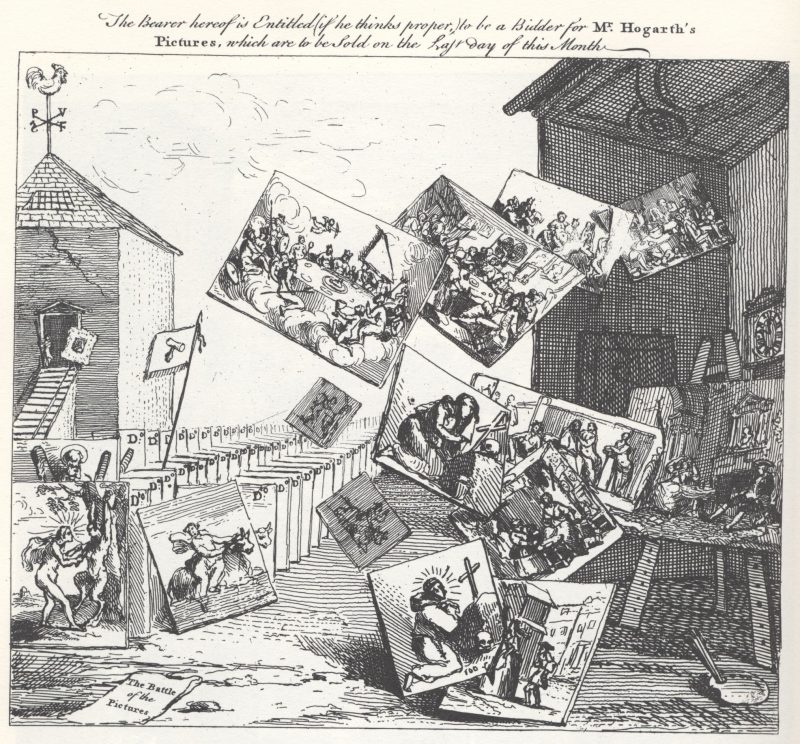1
If the left forces indeed want to propose a utopia to the world, a new project which could become an alternative to capitalism and neo-liberalism, they will have to talk about identity, and they will have to give an answer to themselves and to the society about “What we are and what we want to achieve.”
On Janusz Niedzwiecki’s speech “The Left is in a crisis of colossal proportions” published in the Essence of Time newspaper, Issue 253–254.
One of the speakers at the Sofia Club’s Open Meeting, held in Moscow in early November 2017, was Janusz Niedzwiecki, the Chairman of the Polish nonprofit organization European Council on Democracy and Human Rights.
In his speech, he touched upon the important topic of the crisis of the left ideology, outlining three fundamental questions in the left movement: what is the historical moment that we live in; what must be done now, and what is the goal that the left movement wants to achieve? Speaking on the third question, Janusz particularly emphasized that the Left must offer the world a new utopia. It is the Polish speaker’s opinion that the unification of the left forces is impossible without an idea of building such a utopia.
The questions that Janusz Niedzwiecki raised are indeed very important for the left movement, especially in Europe. The speaker gave his own answers to the questions he raised, and he also touched upon several other important topics. For example, he criticized the attempt to search for or to build a left identity.
I would like to enter into a friendly discussion with Janusz on the question of identity; as in the first place, I cannot agree with his opinion; and secondly, I consider the question of searching for and building an identity to be of paramount importance to the left movement.
In Janusz’s opinion, the modern left movement’s attempt to search for an identity or to build it prior to beginning active political action will lead to a separation between the left forces, and it will not provide answers to the questions of what is the historical situation we find ourselves in and what must be done. The Polish representative has also noted the impossiblility of becoming a historical actor by starting with the question “who are we?”.
One can agree with Janusz that it is indeed necessary to begin with an answer to those three questions he himself raised in the beginning of his speech. In other words, we must characterize the time we live in, then we must call the new utopia (in other words, a world order fundamentally different from the current one), which we want to build, by name and describe it; and finally, we must work out a suitable plan of action. But after these questions, we cannot avoid answering the question of who will be the actor tasked with bringing the planned political actions to fruition, which includes creating the utopia.
For this precisely is the question of identity! One cannot simply say that this actor will consist of people with left-wing views. Surely, the utopias of modern anarchists and social-democrats are fundamentally different, and the plans for their implementation diverge even in the short term.
Janusz Niedzwiecki gives the following reasons in support of his position: building an identity based on nationality (the Poles or the Russians), sex (women or men), ethnicity (black or white), sexual orientation (homosexuals or not) leads to nothing but division. And here he has a point. But Janusz is talking about a certain type of identity, specifically, about an identity that splits and pits people against each other instead of uniting them. For instance, the modern feminists, who consider gender as the main component of the identity, fight against men. People belonging different tribes in the Middle East (after their nation states are destroyed with support from the US) identify themselves on the basis of tribal identity, considering other tribes living in the same state as their enemies.
In this case, one can talk about an identity that atomizes or divides people. But an identity can be absolutely different, one that unites people! Here, one can provide examples of identity based on faith (for example, the Polish Catholic identity) or examples of national identity in a secular state, like in France after the Great French Revolution.
Special mention must be made of the Soviet identity. The people who lived in the USSR were, first of all, Soviet citizens, and only then men, women, Russians, Georgians, and so on. A unifying identity does not negate individual diversity; instead, it integrates this diversity into its sphere, giving it new meaning. Such an identity does not pit people against one another, and it does not lead to negating the individual.
In my opinion, one of the main problems for the modern left forces, especially in Europe, lies in this misconception regarding identity. Things that divide people dominate the discussion, instead of a unifying identity. The modern European Left fights for the rights of small social groups, like sexual minorities or feminists. The issue lies not in the size of these social groups but in the fact that their political and ideological agenda is drifting away from the struggle to overcome Man’s alienation from his species-nature, in other words, from the struggle for Man. Not Man as a holistic being becomes important, but the individual manifestations of his life activity, like his sexual life.
But how does such a left identity differ from the modern neo-liberal model of multiculturalism, tolerance, and Man’s extreme atomization? It does not! Neither in form, nor in substance. Even its rhetoric is nearly the same.
With deep regret, we see that the postmodernity has managed, in a political sense, to knock the concept of identity out of the Left’s lexicon. The problem lies in overcoming this discourse that postmodernity has imposed.
The modern Left flatly refuses to talk about identity, fearing the content which stands behind this concept. The left ideological camp considers any holistic identity to be a de facto characteristic of “totalitarian thought”. The representatives of the modern Left do not want any strict boundaries to identity. Today’s European Left has reached a consensus that people who speak about a holistic identity are more so its political enemies rather than its allies. However, this eventually leads to the impossibility in principle of building any numerous cohesive or even loosely connected group of the Left.
Cohesive political, ideological, or religious organizations are always built on the basis of a holistic identity. Correspondingly, refusing to build such an identity results in refusing to form cohesive left organizations. But at the same time, the rejecting a holistic identity leads to large social groups, which might potentially support left views, rejecting them. The Left considers supporters of the traditional family and moral values to be bearers of a “totalitarian thinking” that is based on obsolete and rigid holistic identity.
Consequently, the Left’s rejection of a holistic identity leads to a refusal to create cohesive social structures, and simultaneously, a rejection of widespread public support. But no victory over the neo-liberal enemy is possible without this, and no utopia can be built. And thus we find ourselves in a vicious circle. And one must break it at the starting point, i.e. by returning the concept of identity back in the Left’s rhetoric.
Throughout human history, only groups united with a common aim and a holistic identity, have managed to change the existing world order fundamentally, through building a strong connection with the popular masses. The systematic creation of a new left identity is an extremely complex matter. And building a political and ideological actor on the basis of this identity is an super-ambitious task. But throughout human history, no great achievements and no utopias have ever accomplished without ambitious undertakings at their foundation.
This means that if the left forces indeed want to propose a utopia to the world, a new project which could become an alternative to capitalism and neo-liberalism, they will have to talk about identity, and they will have to give an answer to themselves and to the society about “What we are and what we want to achieve.”
Source (for copy): https://eu.eot.su/2018/06/14/does-the-left-need-an-identity/
This is the translation of an article by Maxim Zhilenkov, first published in the Essence of Time newspaper issue 253-254 on December 29, 2017.
We encourage republishing of our translations and articles, but ONLY with mentioning the original article page at eu.eot.su (link above).




